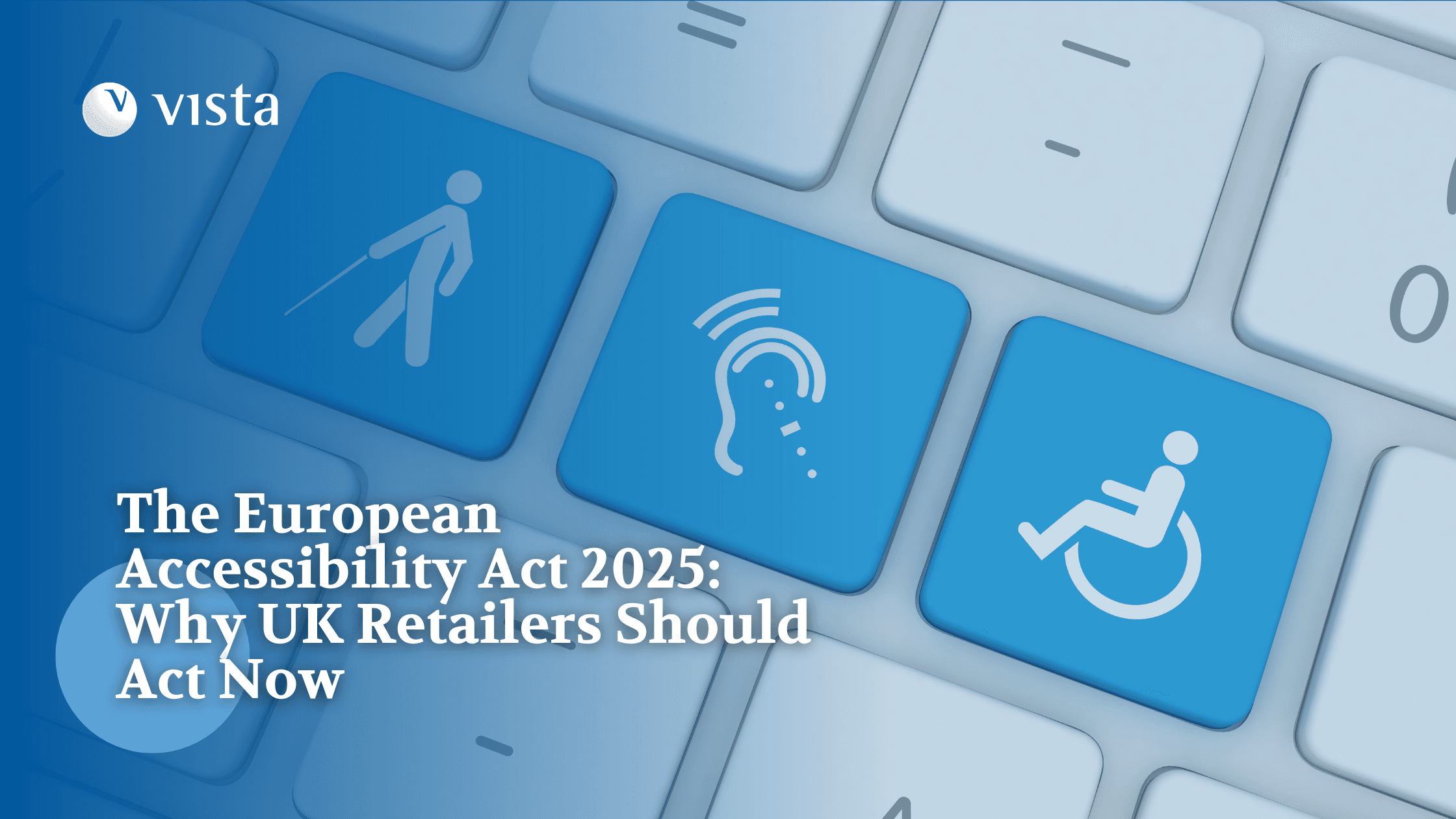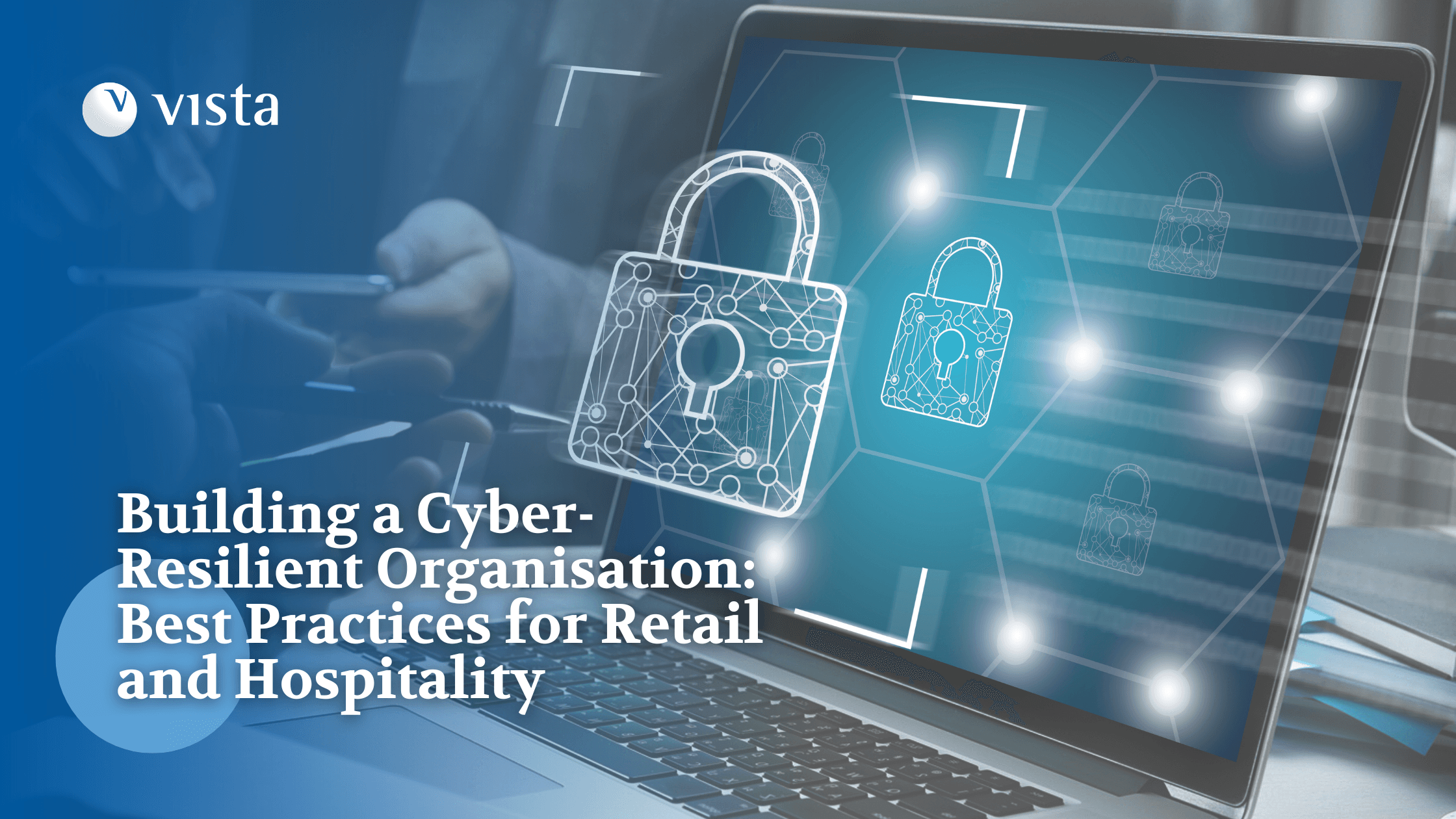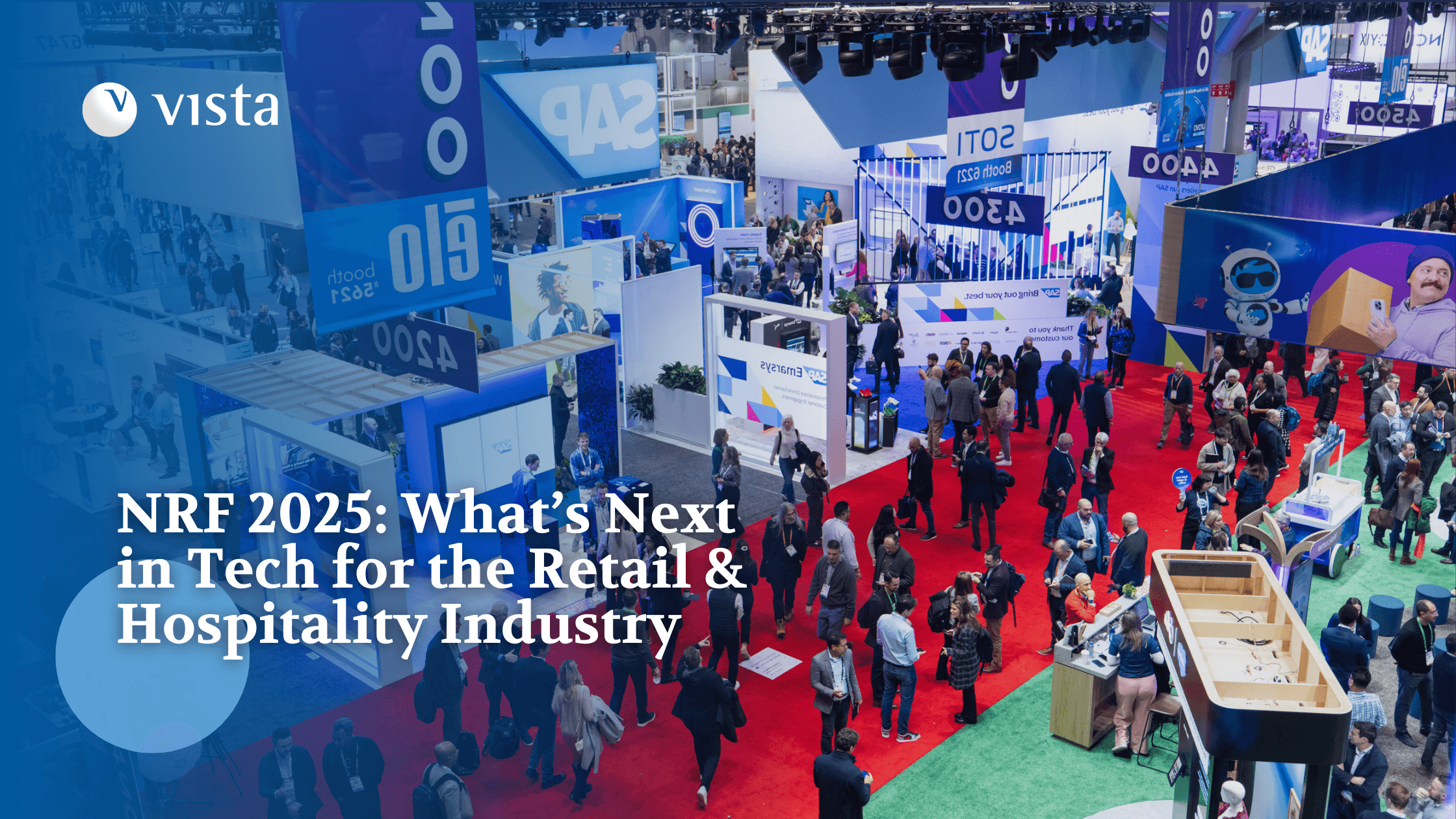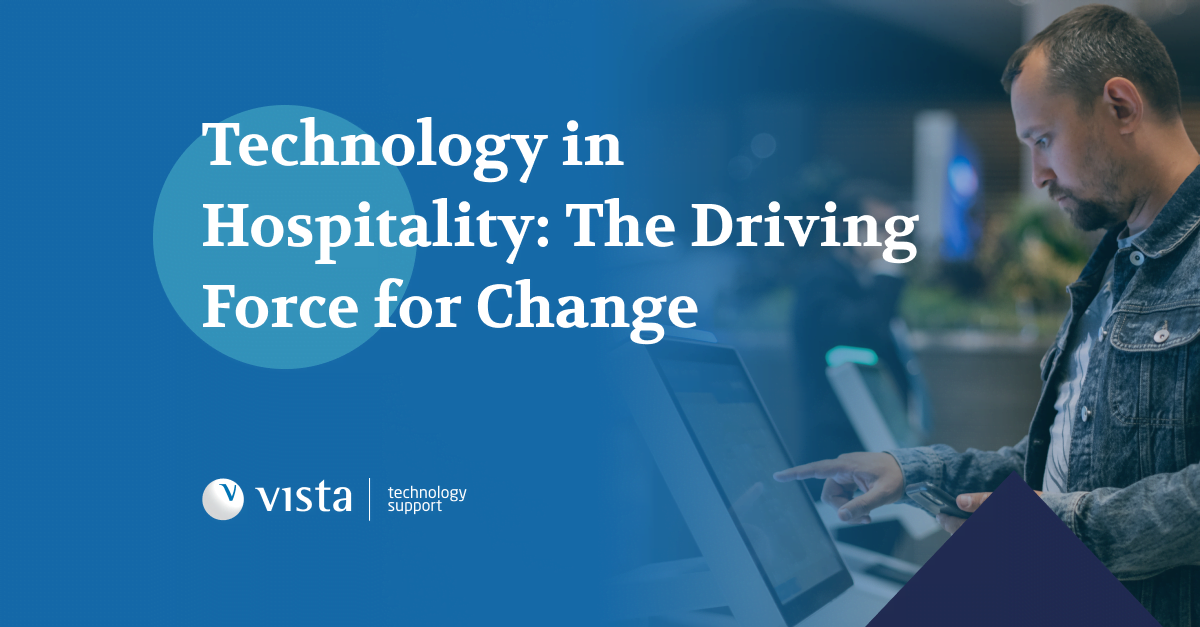
Business adaptation goes hand in hand with technology and competitiveness; one informs the other, and is a cautionary tale for businesses that invest too late in modern advancements and R&D. The hospitality industry is a great example of technology complementing the consumer experience, as largely, its principles are built on ensuring the consumer journey is as effortless as possible. But with AI looming, what can consumers expect as their path to purchase faces yet another technological evolution.
Technology with Hospitality in its Sights
The first POS system, created by James Ritty in 1879, was originally designed to stop his employees from stealing. As with everything that inspires one’s imagination for innovation, according to an article in Invent, James Ritty was fascinated with the mechanism of rotation by a ship’s propeller. After several attempts at a prototype, he and his brother John finally created and patented the first mechanical cash register. So began such innovation within the hospitality industry, which ironically was created to benefit businesses, not the consumer.
The process of cash exchange from consumer to business was largely unchanged until the first store cards. In a Forbes article that looks at the history of credit cards, the 1950’s saw the introduction of the charge plates, and with Diners Club founder, Frank McNamara inspired with the idea of leaving his wallet at home, the Diners Club card soon followed – birthing what is widely considered the first charge card. Consumer convenience had taken a massive leap forward, and its first year saw 10,000 members, 28 restaurants and two hotels onboard.
Tech Rader article An Evolution of POS (Point of Sale) Systems, maps out the timeline from IBM developing the first computer driven cash register in the 70’s, to brands like McDonalds introducing POS terminals in their restaurants in the 80s, increasing speed of ordering. Then moving through the 90’s and 2000’s where e-POS systems used an integrated methodology for payment and information tracking. With the introduction of the EMV standard for the credit card industry in Europe, the consumer experience was largely becoming more digital, which is where the future of brands would compete for consumer attention.
Technology Has No Ceiling
The greatest change in consumer purchasing capability can so far be awarded to the smartphone; marking the point when tech companies started to utilise their innovation skills to directly enter and influence the hospitality industry. This is also when the inspiration for technological advancement was largely focused on ensuring the consumer experience was as simplified and connected as possible.
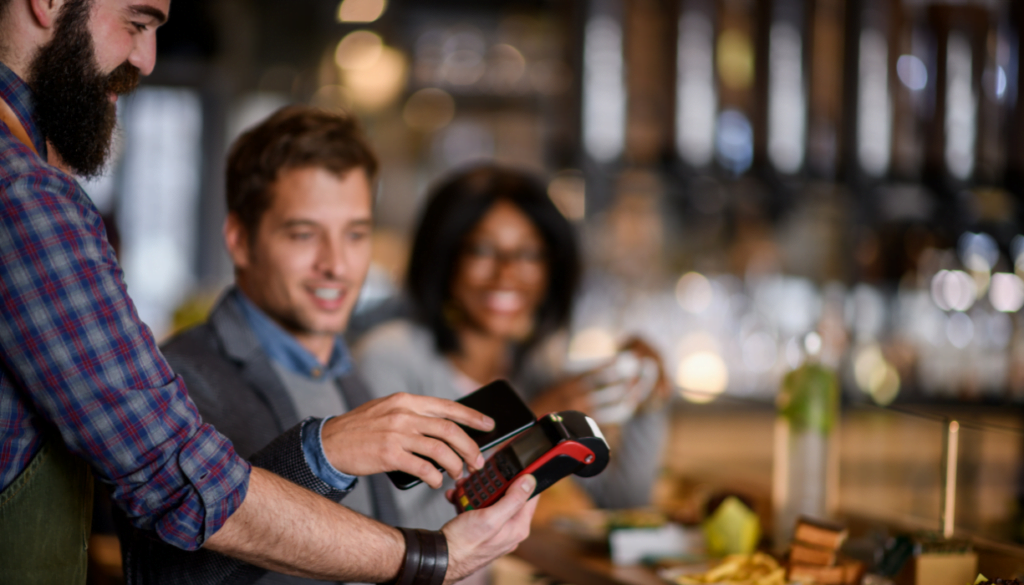
Then came the mobile revolution. An endless array of contactless, tap on tap off moments, that have become the preferred method of paying – leaving behind the concern of ever losing your wallet or purse. All you need now is your phone and your face to confirm the purchase. This is a mobile-centric era, where mobile devices accounted for 90% of digital minutes. You can check into practically any hotel, airport, even movie theatre, as long as you have your smartphone. Not to mention order just about anything from groceries, clothes, furniture, fast-food – that which can be consumed from a digital interaction, can and will be.
QSR’s and the Frictionless Experience of Self-Service Kiosks
Self-service kiosks have become a big USP for brands looking to place further power in the hands, or finger, of the consumer. The evolution is significant, with self-service vending machines popping up in the 1880’s dispensing newspapers and chewing gum. Early 1900s introduced coffee, sandwiches and chocolate, to name a few; progressing further into conveniences as technology advanced and large corporations like Coca-Cola dominated the market.
Today, consumer expectation is fast-service, and there’s nothing faster than the power of decision making being placed in a consumer’s hand. The pandemic ushered in the next iteration, where existing apps such as Deliveroo and JustEat accommodated for self-distancing and detachment. But when it was time to re-enter bricks and mortar for the in-store experience, QSRs elevated the self-service kiosks with a frictionless customer experience, where convenience and loyalty are high on the agenda. Staff time delegation was a big winner here, placing the onus on delivering orders and cleaning the site to remain safe and hygienic.
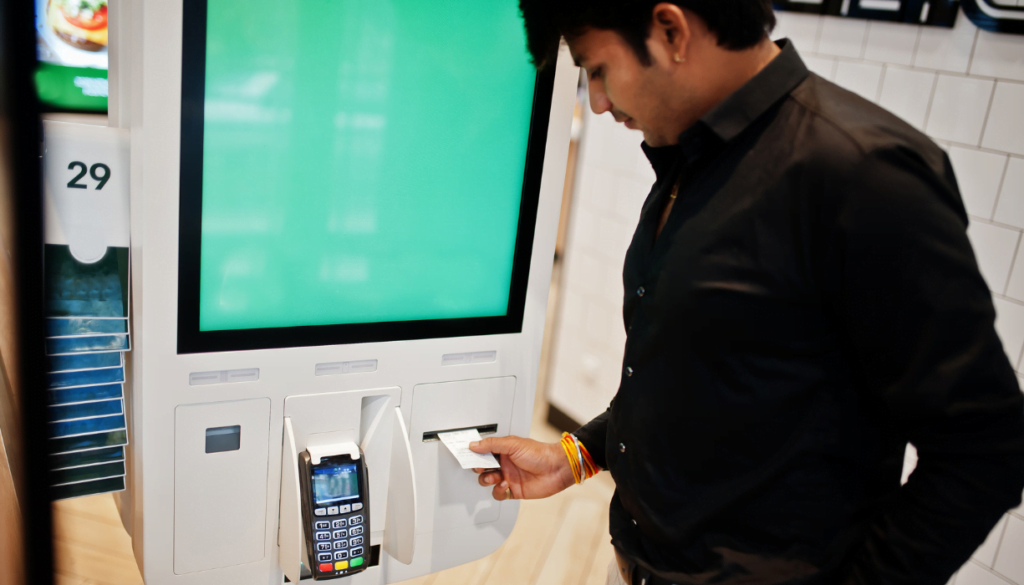
The AI Revolution Is Here
There’s always a next evolution, and without further ado, we’ve now arrived at the latest iteration. And like all advancements, the quandary of whether it’s good or too disruptive is exhausted against a world that is going down this path despite those who resist it. Focusing on hospitality and its applications, consumers are already experiencing an uptick in efficiency within the consumer journey when AI is involved. BU article, Technology Shaping The Future Of The Hospitality Industry, delves into this efficiency as we see consumers benefiting from AI chat bots with 24/7 customer support and no language barrier, predictive computer systems, and consumer personalised experiences made possible through the omnichannel process… to name a few.
There is great potential with AI, and IT management will help influence the appropriate applications when businesses require the adaptation. One of the latest trends being adopted is predictive ordering that helps forecast customer demand by automated ordering within hospitality businesses. Overall, this type of application can help reduce food waste, along with other perishables, advance account management, and increase overall profitability.
A Future Rapidly Evolving
Whatever the future unfolds, and technology has instore, figurative and literally, consumers will largely benefit from processes that are predominantly innovated for making their lives easier. IT management has maneuvered masterfully around this evolution, providing the service behind the service that keeps hospitality and other sectors ticking. As IT management helps streamline processes, consumers will continue to have a comprehensive experience that is largely risk free and tailored for seamless functionality.
Whether mobile or in-store, the hospitality industry can continue thriving within the comfort of knowing that IT management companies like Vista, will continue to support and evolve as technology does. To see how Vista can ensure your customers continue receiving the best IT Management experience possible, get in touch with one of our Business Development Managers today.
